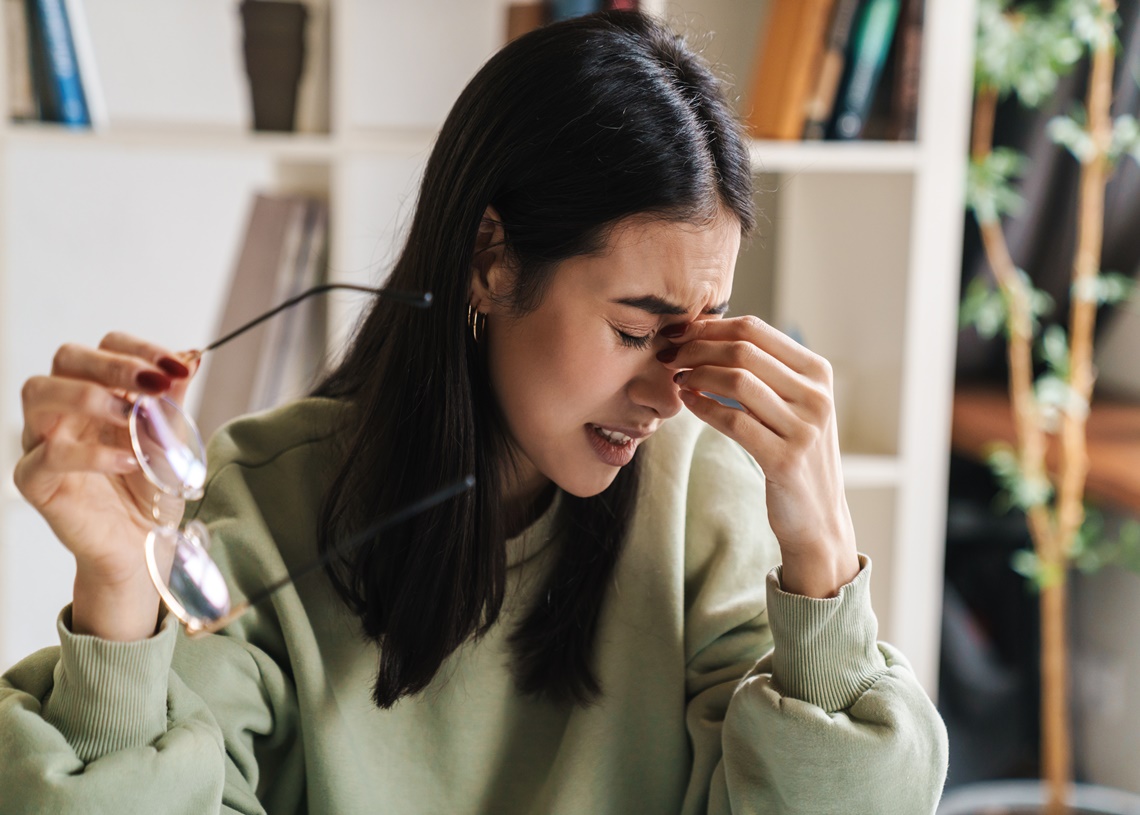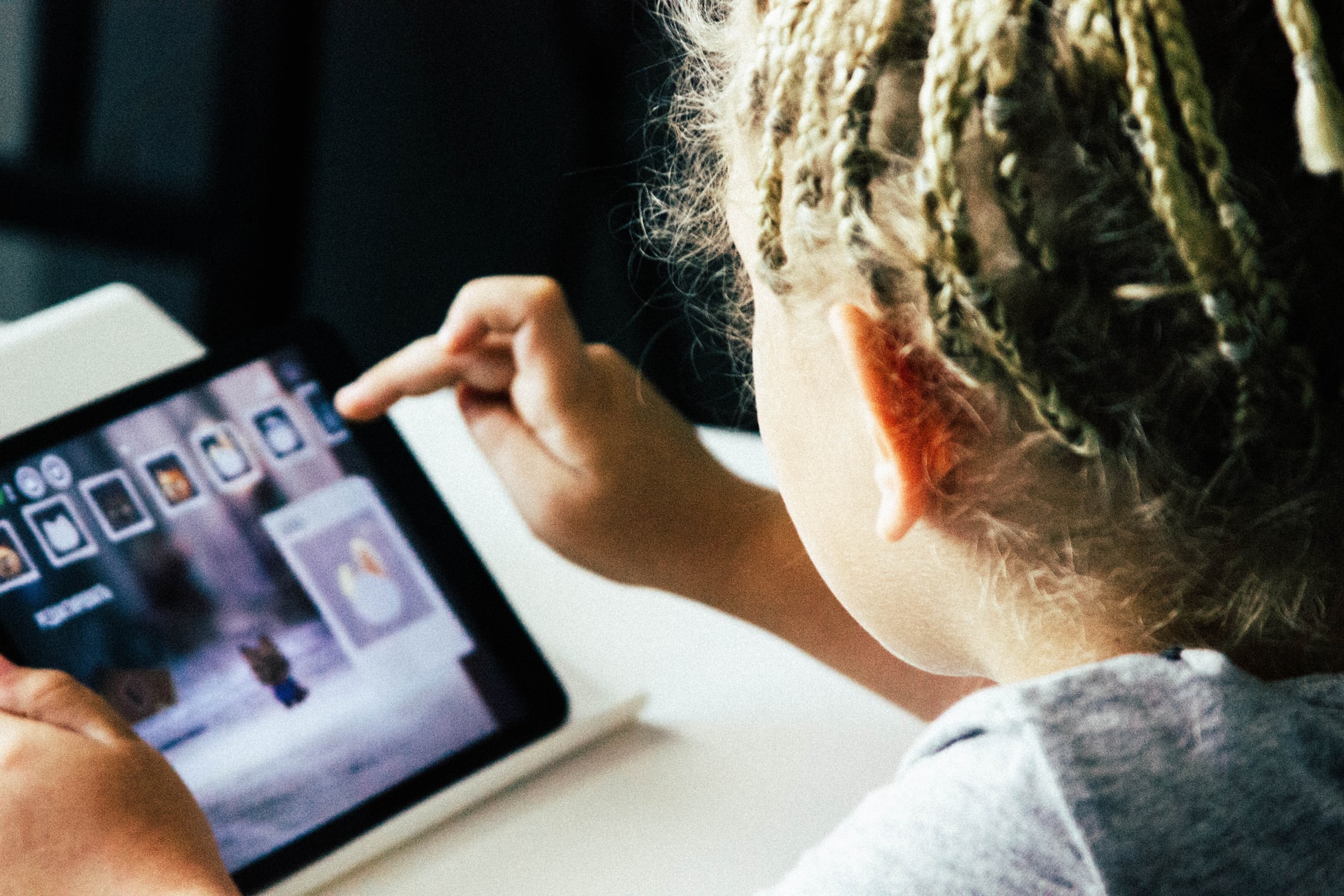A recent study conducted by the University of Delhi in India has revealed that a severe mental health crisis is looming over most students in the country amid growing anxiety over isolation, stress about the future, relationship breakdown, and a feeling of dejection.
“Covid-19 is not just a medical problem; it can have serious psychological consequences and curtail productivity”.
Countries across the globe have witnessed prolonged containment experiments ever since the pandemic started spreading its roots. For many, the lockdown may be easing but only to give rise to yet another epidemic – mental health illness.
At the start of the lockdown, many families rejoiced at the idea of being able to come together and spend some much-needed quality time with each other. Several weeks into lockdown, children feel burdened by their parents’ constant presence, and they no longer enjoy each others’ company. More importantly, they are missing the solitude and freedom they had earlier.
Students battle another epidemic – mental health crisis
The student community, who is clearly the worst affected by the limitations on their movements, is now facing psychotic episodes and manic depression despite having no history of mental health issues.
Thus, on April 8, some faculty members from the Delhi University’s psychology department decided to take matters in their own hands and offer counseling services for the deeply affected student community. According to one professor, excessive movement restrictions are the primary cause of mental issues among students.
It gets even tougher for students who are confined to tiny hostels or PG rooms, he adds, as they are away from their families and friends back home. They tend to show higher levels of physical and verbal aggression, severe mood swings coupled with intense sadness and hopelessness.
And for some less fortunate kids, the quarantining at home has proved to be much more devastating than the COVID-19 outbreak itself. From child abuse, domestic violence to stress from severed relations, these kids are almost at the brink of losing it all, including health, support, and a chance at love.
In most other cases, the DU professor continues, children end up spending long periods just staring outside the window, watching endless hours of TV, or just lazing around in bed. These mindless distractions, coupled with self-destructive thoughts and repetitive thinking, are curtailing their productivity to an irreparable extent.
A way out of the corona childhood
As the psychiatrists forecast, the COVID-19 outbreak is likely to engender a tsunami of mental health breakdowns as a vast chunk of socially and physically active, emotionally needy, and an overly zealous student community continue sheltering in place. But the corona childhood, or in many cases teenagehood, shouldn’t be the defining feature of our youth. And there are ways we can help.
A recent report throws light on the yet to be reported coronavirus death figures. It says that the pandemic could eventually result in an additional death toll of 75,000 through substance abuse, violence, and suicides resulting from depression, loss of income, and unemployment.
Should children still be evaluated merely based on test scores? Are attendance, academic and extracurricular performance and exam results the only determinant of a child’s success when he or she could be facing an inconspicuous yet severe risk from mental health crisis? Most of us know the unknown but fail to acknowledge it.
Hear them out
Thus, in its efforts to give these students’ mental health a voice, a Georgia-based Lanier College & Career Academy, circulated a questionnaire among students in lockdown, prompting them to voice their concerns.
Among some of the most noteworthy responses, one student said that despite having the potential, teachers are unable to guide him in the right direction, implying a sense of hopelessness and diminished spirits.
Another student cried out about unfair treatment by teachers, which is taking a severe toll on mental health, thereby hindering his or her learning process. Clearly, questionnaires like these can help schools and colleges in reassessing the age-old practices of how they operate and know whether or not they have any relevance left in critical times like these.
Public libraries are essential now more than ever
Meanwhile, public libraries, which had closed their doors to the public amid the coronavirus outbreak, are gradually resuming their services. And as one librarian rightly quotes,
“most of us do not realize the importance of libraries until they’re shut down”.
The impacts of these institutions on our student community goes far beyond just books.
They are the unofficial and less-recognized day shelters for millions of students who don’t find mental peace or resources they need at home. Whether one needs to knock out a few assignments, boost creativity levels, or offer an equal chance at learning to less privileged kids, libraries play an essential role in our communities.
Health crisis or not, technology is on our side
And just as important is making the best use of what technology has to offer today. Staying connected amid COVID-19 is challenging, and so is adapting to online learning modes. It is natural to feel overwhelmed by these unprecedented changes that are likely to take a toll on physical and mental health. But in all this, it is important to know that technology is ready to extend a helping hand. All we have to do is reach out.
Blockchain technology, for instance, is paving the way for the future of education. It compels today’s educators to ask themselves whether the teaching practices promote equitable contexts. The concept of Blockchain Babe emanates from the idea that the students’ differing needs require a comprehensive understanding of their lives and the circumstances they live in and create a platform that boasts equal learning opportunities for everyone.
The COVID-19 catastrophe has forced us all into a very unique operating environment. As ruthless as these social distancing measures are, it is possibly the only assured way to flatten the curve. So, when we are thinking about COVID-19 as a health crisis, we need to keep thinking about physical and mental health together and not apart.







